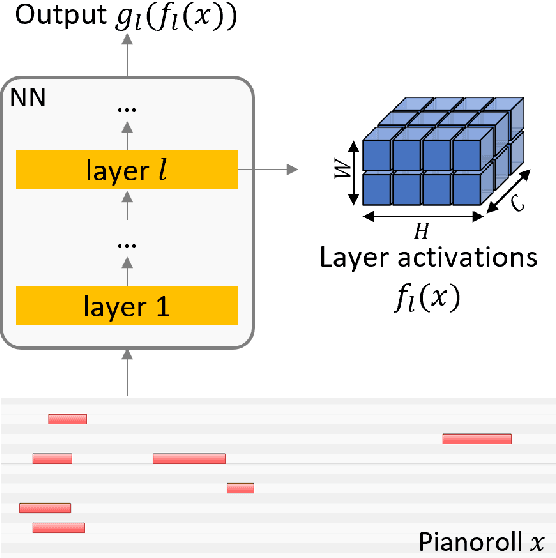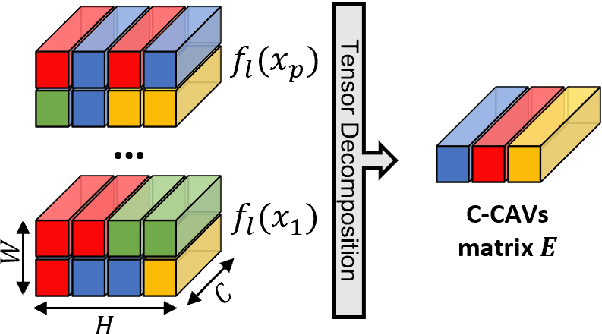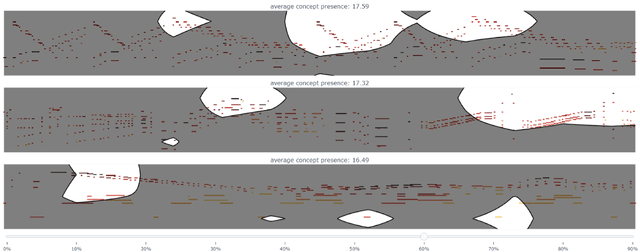Katharina Hoedt
Concept-Based Techniques for "Musicologist-friendly" Explanations in a Deep Music Classifier
Aug 29, 2022



Abstract:Current approaches for explaining deep learning systems applied to musical data provide results in a low-level feature space, e.g., by highlighting potentially relevant time-frequency bins in a spectrogram or time-pitch bins in a piano roll. This can be difficult to understand, particularly for musicologists without technical knowledge. To address this issue, we focus on more human-friendly explanations based on high-level musical concepts. Our research targets trained systems (post-hoc explanations) and explores two approaches: a supervised one, where the user can define a musical concept and test if it is relevant to the system; and an unsupervised one, where musical excerpts containing relevant concepts are automatically selected and given to the user for interpretation. We demonstrate both techniques on an existing symbolic composer classification system, showcase their potential, and highlight their intrinsic limitations.
Defending a Music Recommender Against Hubness-Based Adversarial Attacks
May 24, 2022
Abstract:Adversarial attacks can drastically degrade performance of recommenders and other machine learning systems, resulting in an increased demand for defence mechanisms. We present a new line of defence against attacks which exploit a vulnerability of recommenders that operate in high dimensional data spaces (the so-called hubness problem). We use a global data scaling method, namely Mutual Proximity (MP), to defend a real-world music recommender which previously was susceptible to attacks that inflated the number of times a particular song was recommended. We find that using MP as a defence greatly increases robustness of the recommender against a range of attacks, with success rates of attacks around 44% (before defence) dropping to less than 6% (after defence). Additionally, adversarial examples still able to fool the defended system do so at the price of noticeably lower audio quality as shown by a decreased average SNR.
 Add to Chrome
Add to Chrome Add to Firefox
Add to Firefox Add to Edge
Add to Edge